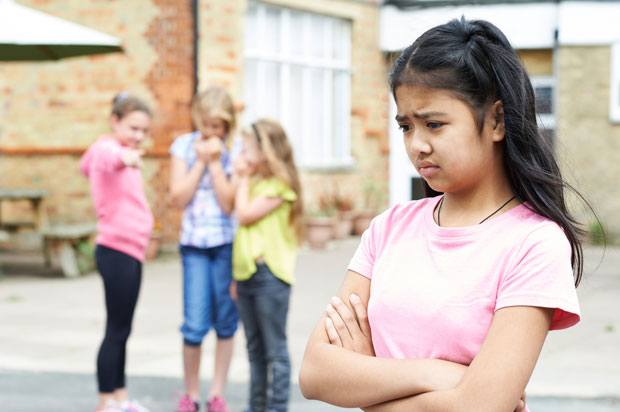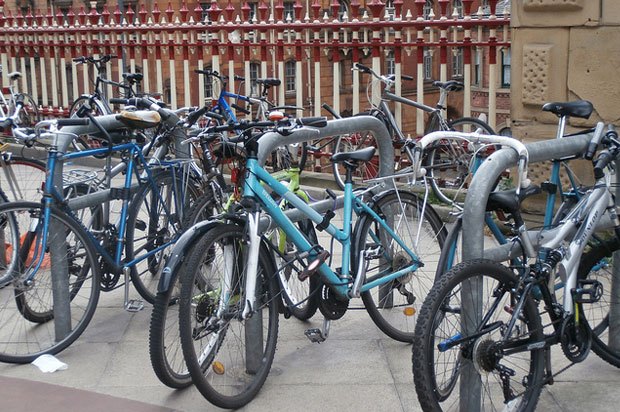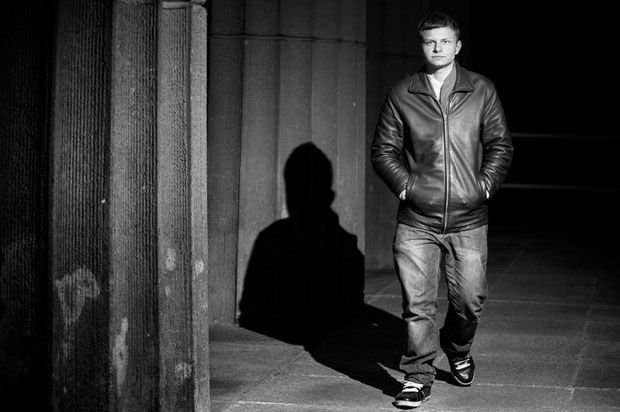I don’t feel safe in my environment
Though we might expect to feel unsafe in new situations, we can also feel scared in places we know well. Whether it's somewhere you have to go every day or a group of people you can't avoid, follow this advice to help you help you sail through difficult situations.

Many young people feel unsafe in places they go to regularly.
At school
School days can be full of laughter and friendly faces. But for some, being at school is far more stressful. You may feel unsafe or uncomfortable at school if:
- You’re being bullied, either in person or online.
- You don’t have any friends.
- You’re scared of your teacher.
If this sounds like you, remember you’re not alone. Many young people feel this way, but you don’t have to suffer in silence:
- Speak to someone you trust at home or school about what’s going on. Together you can figure out a way to deal with it.
- Don’t let what’s happening affect how you feel about yourself. Write down of all the good things you like about yourself to stay positive.
- If you want to talk to someone anonymously, call Bullying UK on 0808 800 2222 for confidential advice and support.
At home
Home should be a place where you always feel safe and cared-for. You might be feeling unsafe if:
- You’re experiencing or seeing violence or abuse happen at home.
- Your parents or guardians drink a lot or take drugs.
- You’re not being treated properly or given the things you need, such as food, clothes and the ability to keep clean.
Many young people feel their only option is to run away. But this isn’t the answer to your problems and can often lead to more problems. If you feel unsafe or unhappy at home it is important you get support as soon as possible. Speak to an adult you trust about what’s going on. You can also speak to Childline on 0800 1111 or call the police on 999.
On the streets
Other young people or gangs might be bullying you when you leave your house. Maybe they’re pressuring you to do things you don’t want to, or you’re afraid they could be violent towards you. If you hesitate to step out of your home, or fear what might happen if you walk a few roads away, try to address the problem.
If you’re not in a gang, but worried about bullying or violence:
- Speak to a trusted adult about what’s going on. You don’t have to go through this alone.
- If you’d rather talk to someone anonymously contact Childline.
If you’re in a gang and are worried about violence from a rival gang:
- Never carry a knife. It will probably make you more vulnerable and it could to be used against you if anything happens.
- Make sure other people know where you’ll be. Tell someone you trust, such as a family member or mentor, where you are going and when you’ll be back.
- Even though you might feel trapped there are ways to get out of gangs.
If you’re involved in gangs and would like help and support contact Gangsline on 0800 032 9538. Contact St Giles Trust’s SOS team if you’re based in London on 0808 801 0600. If you believe you or someone you know is in immediate danger call 999.
In public
Some people think it’s OK to verbally or physically abuse other people because they’re from a different religion, culture or country. This is never OK, and if you’ve ever experienced such an attack, it’s likely you’ll feel anxious about going out in public.
If you think you’ve been a victim of racism or xenophobia (which means a dislike of people from other countries) follow these steps:
- Call the police and officially report the incident as a hate crime.
- Report it anonymously through Tell MAMA or Stop the Hate UK.
- Speak to someone you trust. You shouldn’t suffer in silence.
Next Steps
- Gangsline offers support to young people involved in gang culture. Call their free helpline on 0800 032 9538.
- BullyingUK offers advice and support to victims of bullying. Call on 0808 800 2222.
- Chat about this subject on our Discussion Boards.
By
Updated on 24-Feb-2017
Image courtesy of Shutterstock.
No featured article










